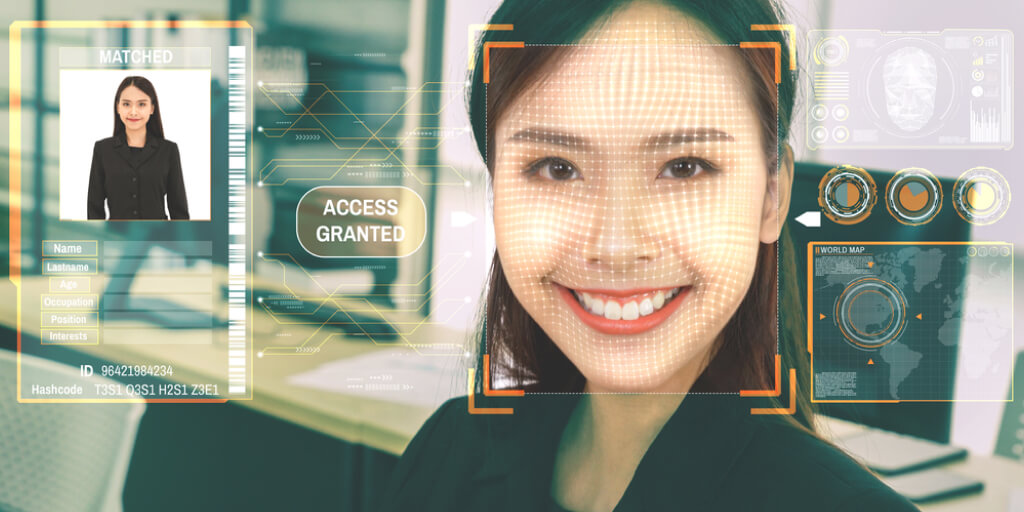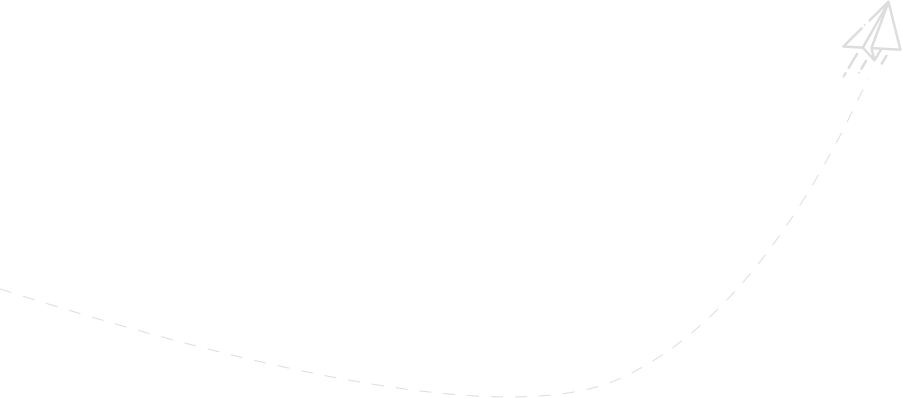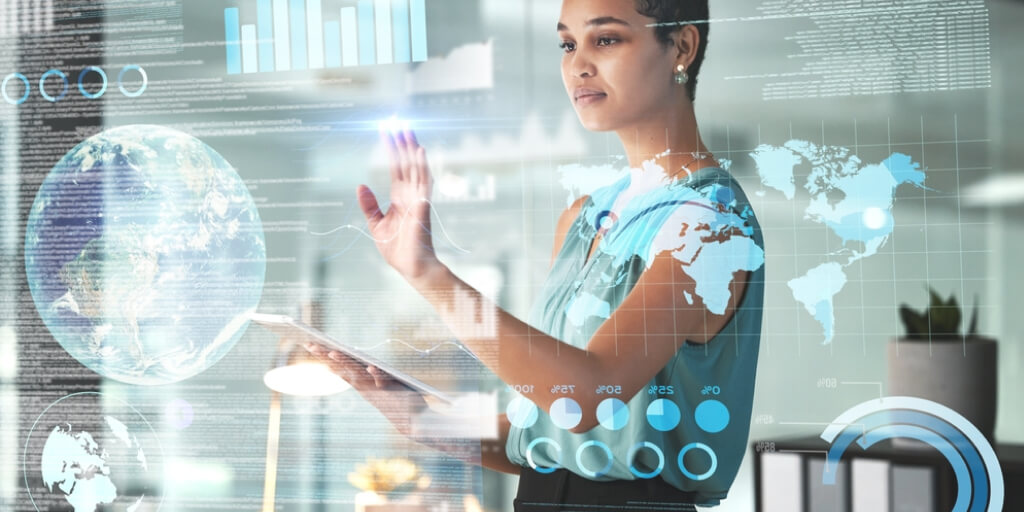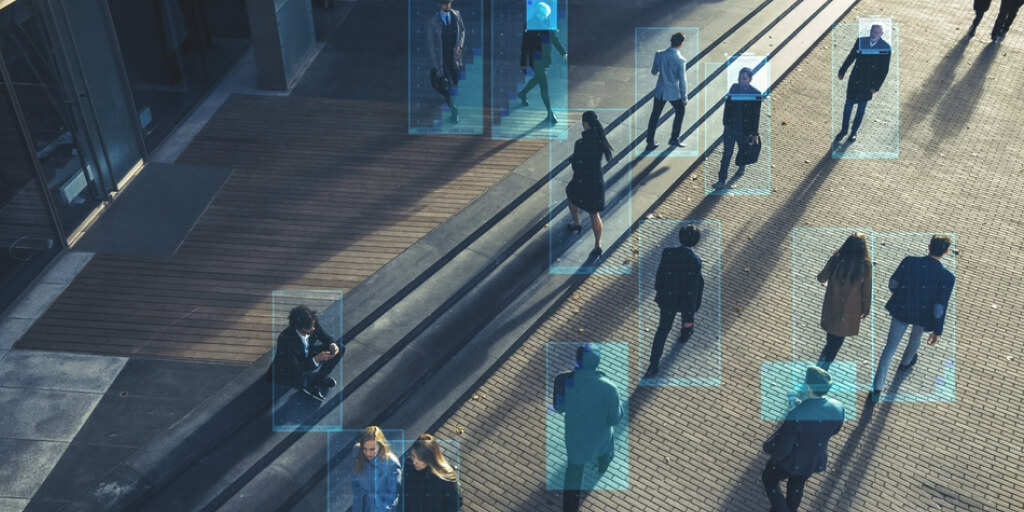Introduction: The Significance of Facial Recognition Technology
Facial recognition technology has significantly transformed the concept of security and privacy in multiple industries. The emergence of custom face recognition app development and face recognition app development has paved the way for a new generation of mobile applications. These applications can identify users, track attendance, and provide personalized experiences.
The primary objective of these applications is to enhance convenience and security. However, creating such mobile apps with facial recognition technology necessitates the use of face feature measurement libraries and facial recognition systems that accurately measure and analyze different facial features. The precision of these measurements and analyses determines the success of the application.
This article will present a comprehensive overview of the top 5 face features measurement libraries. It will delve into each library, compare them, and discuss their applications in various industries. Furthermore, this post will highlight the challenges and constraints of these libraries, along with potential future advancements.
Importance of Face Features Measurement in Facial Recognition Systems
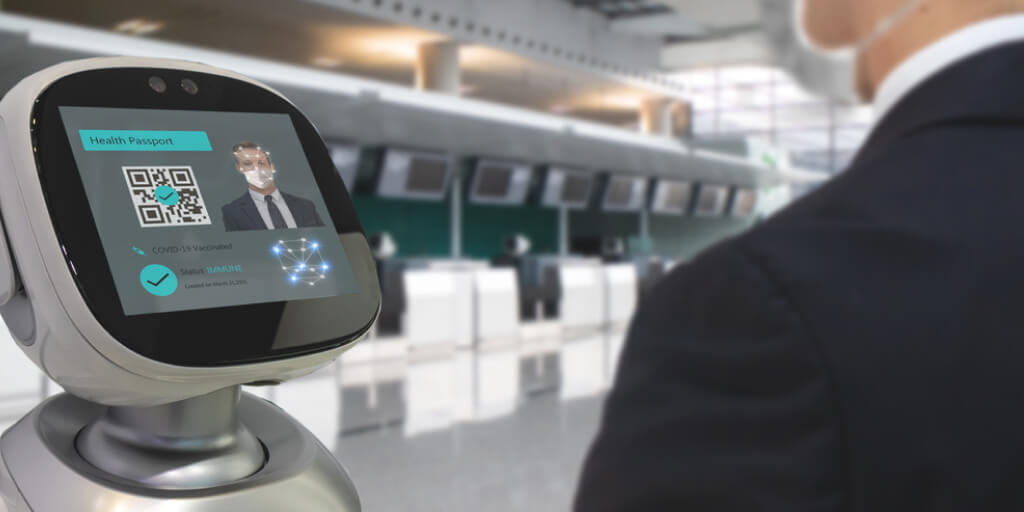
Facial recognition systems have become increasingly popular in recent years, and their applications are vast. From security purposes to identity verification and medical diagnosis, facial recognition technology has revolutionized the way we interact with machines. However, the success of these systems relies heavily on the accuracy of face features measurement.
Face features measurement libraries play a crucial role in developing facial recognition systems that can reliably identify individuals. These libraries allow developers to access accurate measurements of facial features, such as the distance between the eyes, the shape of the jawline, and the size of the nose. With these precise measurements, facial recognition systems can more accurately match an individual’s face with their identity.
For those interested in Face Recognition app development, custom face recognition app development, or building a mobile app with facial recognition, understanding the importance of face features measurement is critical. By incorporating these measurements into their systems, developers can achieve higher accuracy rates and provide more reliable results for their users. Furthermore, facial recognition technology is continually advancing, and as it does, the accuracy of face feature measurement becomes even more critical. As such, it is essential to prioritize responsible development and user privacy when developing facial recognition systems. This includes addressing ethical considerations regarding privacy and bias.
In conclusion, face features measurement libraries are a vital component of facial recognition systems. They enable developers to create more accurate and reliable systems and provide better user experiences. However, it is crucial to consider ethical considerations when developing these systems to ensure user privacy and prevent potential biases. For those interested in Face Recognition app development, custom face recognition app development, or building a mobile app with facial recognition, understanding the importance of face features measurement is crucial to success.
Top 5 Face Features Measurement Libraries Overview
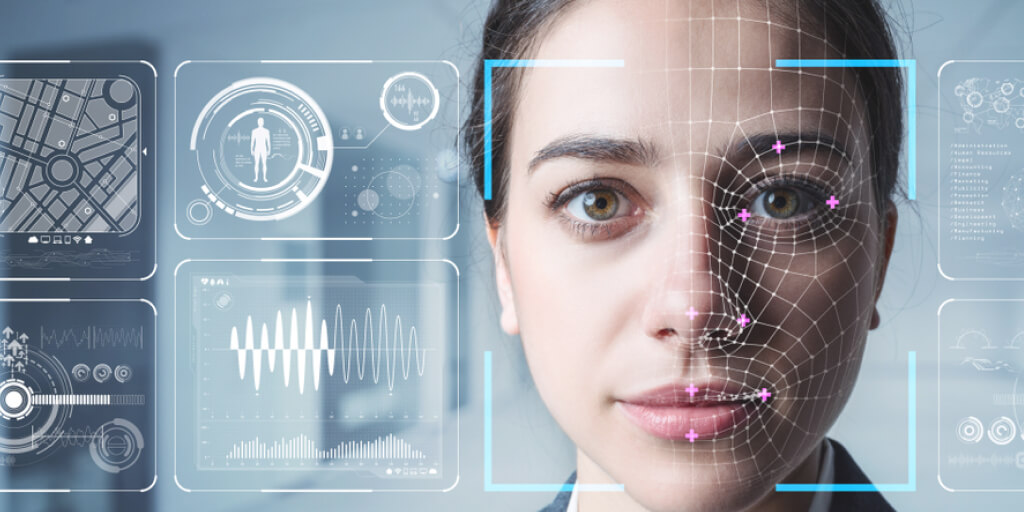
Developing a mobile app with facial recognition can be a daunting task, especially custom face recognition app development. Fortunately, face features measurement libraries can help developers build more reliable and accurate facial recognition systems. Here are the top five face features measurement libraries used in facial recognition systems:
OpenCV
A popular open-source computer vision library that includes several algorithms for face detection and recognition.
DLib
Another open-source library widely used for facial recognition provides a set of tools for facial landmark detection, face detection, and face recognition.
FaceNet
A deep neural network is highly accurate even in challenging conditions, which maps facial features into a high-dimensional space.
By incorporating these face features measurement libraries into custom face recognition app development, developers can build more accurate and reliable systems, providing users with a more seamless experience.
Dlib Shape Predictor
Part of the dlib library, the Dlib Shape Predictor is a pre-trained model specifically designed for facial landmark localization. The model uses a combination of regression trees and part-based models to predict facial landmark positions. It provides 68 facial landmark points, enabling detailed facial feature measurement.
Use Cases: Facial alignment, facial expression analysis, and virtual makeup applications.
MTCNN (Multi-task Cascaded Convolutional Networks)
MTCNN is a deep learning-based face detection algorithm that also estimates facial landmarks. It follows a cascaded architecture, detecting faces in multiple stages and refining the bounding boxes and landmark locations at each stage. MTCNN excels in detecting faces under various poses and lighting conditions.
Use Cases: Face detection, facial landmark localization, and facial attribute analysis.
In-depth Exploration of Each Library
Facial recognition app development has become increasingly popular in recent years, particularly with the rise of custom face recognition app development. To create a mobile app with facial recognition capabilities, developers must utilize the appropriate face features measurement libraries. In this section, we will explore the top five face features measurement libraries for facial recognition systems:
OpenCV, DLib, FaceNet, Dlib Shape Predictor and MTCNN.
OpenCV is widely used in facial recognition systems and is one of the most popular face features measurement libraries available. It is open-source and cross-platform, making it a great choice for developers. OpenCV offers a variety of pre-trained face recognition models, which simplifies the process of creating custom face recognition app development. Another popular face features measurement library is DLib, which provides pre-trained models for face detection, landmark detection, and face recognition. DLib allows developers to create sophisticated facial recognition systems, making it an excellent option for custom face recognition app development
Comparison of Libraries Based on Accuracy, Ease of Use, and Compatibility
When developing a face recognition app, choosing the right library is crucial for success. Developers must consider various factors such as accuracy, ease of use, and compatibility. OpenCV is widely regarded as the gold standard for face features measurement libraries due to its comprehensive functions that include facial detection, recognition, and tracking. OpenCV also supports multiple programming languages, making it a popular choice for custom face recognition app development. It’s high accuracy and ease of use make it a top pick for developers seeking to create a mobile app with facial recognition capabilities.
DLib is another top contender in the face features measurement library field. It offers facial landmark detection and face recognition functions and is built with C++, with bindings for Python, making it versatile for developers. DLib has high accuracy rates, making it a popular choice for facial recognition systems. However, some developers may find DLib more challenging to use than other libraries, which could affect its ease of use score. Ultimately, choosing between OpenCV and DLib depends on the project’s specific needs and the developer’s familiarity with each library.
Applications of Face Features Measurement Libraries in Various Industries
Facial recognition systems have experienced a significant surge in demand across various industries in recent years. Thanks to technological advancements, custom face recognition app development has become increasingly popular. Face recognition app development has proven to be useful in several sectors, including retail, healthcare, and education. By utilizing face features measurement libraries, developers can create mobile apps with facial recognition capabilities to help organizations improve their security and access control systems. These systems can also be leveraged for attendance tracking in schools and corporate offices, ensuring that only authorized personnel have access to sensitive areas. OpenCV and DLib are face features measurement libraries that enable custom face recognition app development due to their accuracy and ease of use.
Retailers have found facial recognition technology beneficial in improving customer experience by providing personalized services. Facial recognition systems can track customer preferences, suggest products based on previous purchases, and offer tailored discounts.
In healthcare, facial recognition technology can enhance patient safety by reducing the risk of medical errors through patient identification. Moreover, face recognition app development can be used to monitor patient vital signs remotely to ensure timely care. The demand for facial recognition systems is on the rise, and the global facial recognition market is projected to expand at a CAGR of 15.4% from 2021 to 2028. As more industries adopt facial recognition.
Considerations for Selecting the Right Library
Compatibility
Before selecting a face features measurement library for custom face recognition app development, it’s essential to ensure that the library is compatible with your platform and programming language.
Accuracy
The accuracy of the face recognition system is critical. A library with high accuracy will ensure that your custom face recognition app performs well and meets your business needs.
Speed
The speed of the face recognition system is also crucial. A fast recognition system can provide a seamless user experience, especially in applications such as automated checkout systems and biometric identity verification.
Ease of integration
The selected library should be easy to integrate into your custom mobile app with facial recognition. This will save you time and costs associated with development.
Flexibility
A flexible face features measurement library can provide you with the freedom to customize and optimize your custom face recognition app to meet your business needs.
Support and documentation
A library with excellent support and comprehensive documentation can help you troubleshoot any issues that may arise during custom face recognition app development.
Security
Security is a top priority in facial recognition systems, especially in applications such as healthcare and finance. Choose a library that prioritizes security and provides encryption measures to protect user data.
By keeping these considerations in mind, you can select the right face features measurement library for your custom face recognition app development needs. As more industries adopt facial recognition technology, the use of these libraries will continue to play a crucial role in the development of custom mobile apps with facial recognition.
Challenges and Limitations of Face Features Measurement Libraries
Face recognition app development has been in the spotlight for quite some time. Custom face recognition app development is on the rise, and businesses are now considering building mobile apps with facial recognition. However, the challenges and limitations of face features measurement libraries need to be taken into account. These libraries are essential for facial recognition systems, but they have their limitations.
Face features measurement libraries are responsible for detecting and measuring specific facial features, such as the distance between the eyes or the angle of the nose. However, these measurements can be affected by various factors, such as lighting conditions, facial expressions, and even the position of the head. This can lead to inaccurate measurements and, consequently, affect the accuracy of facial recognition systems. Therefore, it is crucial to ensure that the library used in the custom face recognition app development is accurate and reliable. Additionally, developers need to consider the computational resources required for facial recognition, as it can be a resource-intensive process. By addressing these challenges and limitations, businesses can build mobile apps with facial recognition that are reliable and accurate.
Future Advancements in Facial Recognition Technology
The future of facial recognition technology and app development is looking promising due to the increasing demand for it. Custom face recognition app development is becoming more popular as businesses aim to create mobile apps with facial recognition that cater to their unique needs.
However, the reliability and accuracy of face features measurement libraries, which are crucial components of facial recognition systems, can be affected by various factors like lighting, facial expressions, and head movements, leading to inaccurate measurements.
The solution to these challenges lies in future advancements in face features measurement libraries. Using machine learning algorithms that can adapt and improve over time can ensure more accurate and reliable measurements. Moreover, improvements in hardware technology like cameras and sensors can also enhance the accuracy of facial recognition systems. Nonetheless, it is essential to consider the computational resources required for these advancements and ensure their feasibility for custom face recognition app development. By addressing these challenges and limitations, businesses can create dependable and precise mobile apps with facial recognition that cater to their specific needs.
Conclusion: Impact of Face Features Measurement Libraries in Revolutionizing Facial Recognition Technology
In conclusion, the impact of face features measurement libraries on facial recognition technology cannot be overstated. While these libraries are crucial for face recognition app development, they present a significant challenge due to their susceptibility to factors such as lighting conditions and facial expressions, which can lead to inaccurate measurements. To address this challenge, custom face recognition app development must prioritize the accuracy and reliability of face features measurement libraries. By doing so, businesses can build a mobile app with facial recognition that is dependable and accurate. Future advancements in facial recognition technology, such as the use of machine learning algorithms and improvements in hardware technology, will further enhance the accuracy of face features measurement libraries and improve facial recognition systems’ overall performance.
How We Can Help
Here at Blue Whale Apps we are mobile app development experts both on the Android platform and iOS. We have the expertise to develop facial recognition systems in mobile apps and to help integrate them into existing mobile apps. For more information about how we can help and to book your free consultation with one of our experts, please complete the contact form.
